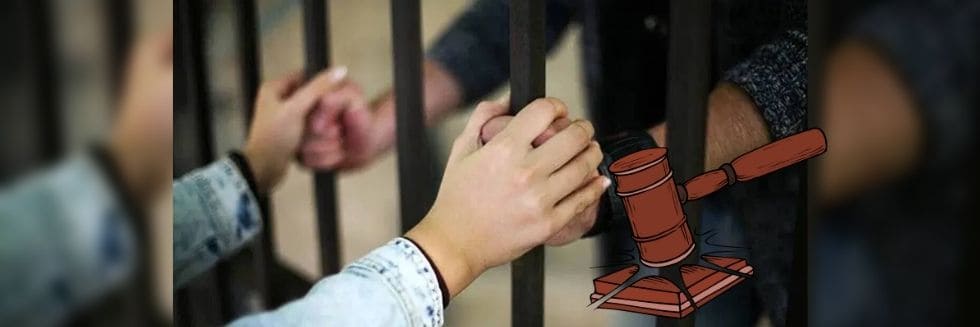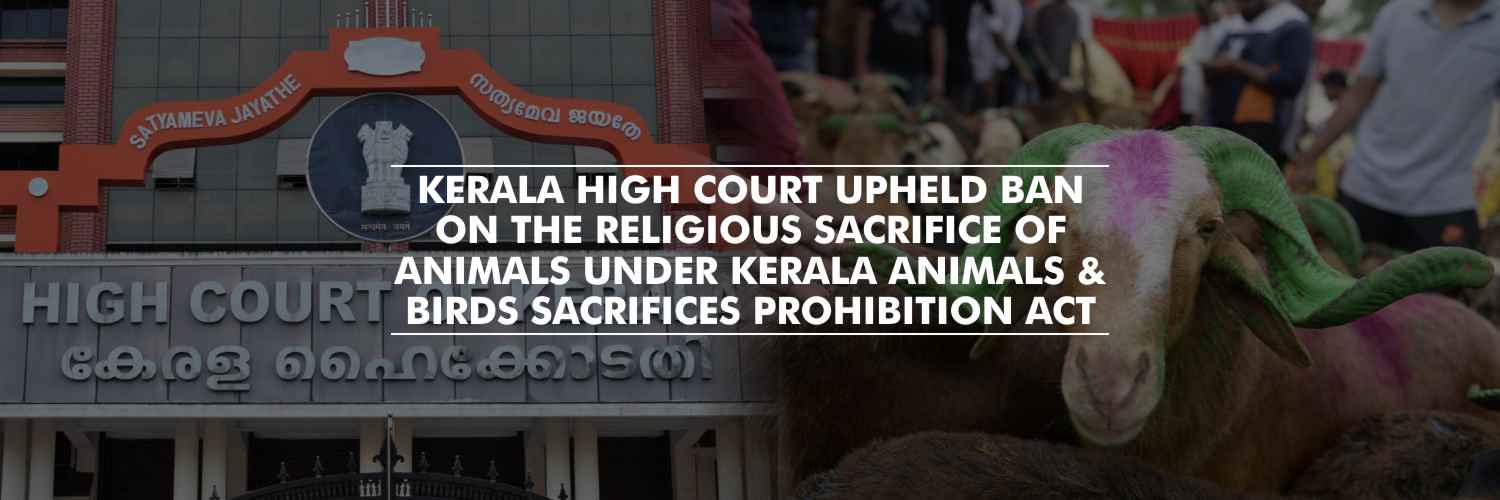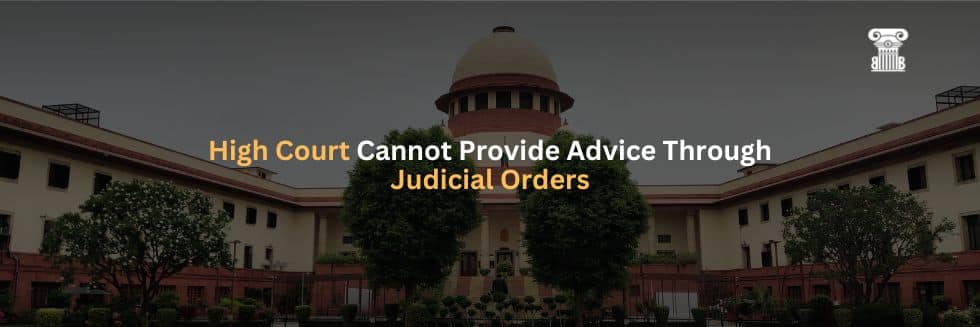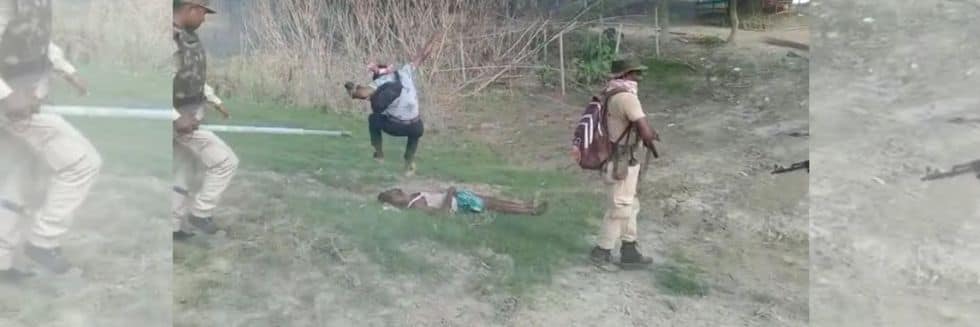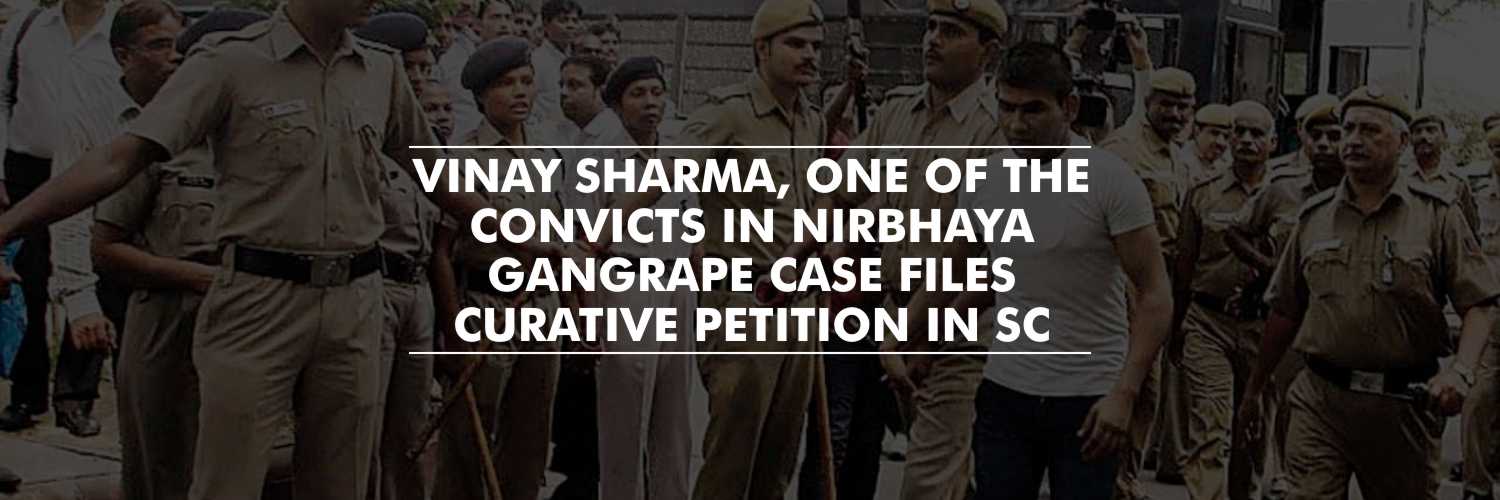Madras High Court has held that prisoners don’t have fundamental right to have conjugal relationship under Article 21 of the Indian Constitution as a matter of course and can only be availed as a fundamental right for specific purposes including ‘infertility treatment’.
The three bench focussed on two questions which include
- whether the denial of conjugal rights to a convicted prisoner would be violative of Article 21 and and
- whether the state can be directed to consider the request made by convict for emergency leave or ordinary leave for the said purpose.
The matter was referred to a larger bench comprising Acting Chief Justice Munishwar Nath Bhandari, Justice PD Audikesavalu and Justice Pushpa Sathyanarayana by a Division bench. Conjugal rights of prisoners/convicts in India has always been a debatable topic.
The High Court bench has examined the scope of treating conjugal rights of a convict/ prisoner as a fundamental right, and in case there is such a right, whether it would be unconditional or subject to other restrictions.
The Division bench has referred to the fact that there is no specific provision under Tamil Nadu Suspension of Sentence Rules, 1982 to avail leave to have conjugal relationship with the spouse.
The three judge bench noted that a convict/prisoner can claim such right under extraordinary circumstances and ‘infertility treatment’ comes under the definition of ‘extraordinary circumstances as per the Act.
The bench noted that the petitioner’s prayer to undergo infertility treatment, when convict and the spouse don’t have a child out of that wedlock, forms an ‘extraordinary reason’ under Rule 20 (vii) of 1982 Rules.
“However, if the couple had a child in the wedlock, then seeking leave for infertility treatment would not have been considered as an ‘extraordinary reason’. The convict/ prisoner cannot seek leave over and over for the same ground in the category of ‘extraordinary reason,” the bench clarified.
“It is true that the 1982 Rules do not provide leave for having a conjugal relationship with a spouse. It is for the reason that if a provision for leave to have conjugal relationship is provided, the prisoner may ask for the leave invariably on that ground and, that too, time and again. It cannot, however, mean that under all circumstances except those specified in Rule 20(i) to (vi) and Rule 20(viii) of the 1982 Rules leave can be denied, rather Rule 20(vii) of the 1982 Rules provides for grant of leave for any other extraordinary reasons, which can be of the nature referred in this case, i.e., for undergoing infertility treatment,” the bench noted.
The bench also came to the question whether the denial of conjugal rights offends Article 21 and whether the convict/ prisoner can seek to avail such a right continuously and without no restraint.
“The denial of conjugal relationship of the convict for specific purpose may amount to denial of the fundamental right guaranteed under Article 21 of the Constitution of India. The specific purpose may be infertility treatment or some similar reason, but it should not be construed to be a fundamental right for having conjugal relationship as a course. This would make a difference between the law abider and violator in regard to rights guaranteed under Article 21 of the Constitution of India,” the larger bench said.
The bench opined that a leave for a ‘specific purpose’ like infertility treatment is different from the use of the term ‘conjugal relationship’ in common parlance and falls well within the realm of ‘extraordinary reason” provided for in the Rules.
The High Court bench went on to add, “1982 Rules itself protect the rights of the prisoner guaranteed under Article 21 of the Constitution of India to the extent it is required, without any specific provision for grant of leave to convicts for maintaining their conjugal relationship.”
Then, the bench talked about whether the state government can grant ordinary or emergency leave for extraordinary reasons. It was held that leave cannot be claimed as a right by the prisoner/ convict for having a conjugal relationship with his/ her/ their spouse without an ‘exceptional reason’.
The husband is a life convict and the couple doesn’t have a child out of that wedlock. The husband got an ordinary leave for two weeks to undergo infertility treatment and then his wife appealed to grant him six weeks leave for having a conjugal relationship through infertility treatment.
After a thorough analysis of verdicts given by Supreme Court in Sunil Batra v. Delhi Administration, (1978) 4 SCC 494, Punjab & Haryana High Court in Jasvir Singh v. State of Punjab (2015), and Bihar High Court in Rajeeta Patel v. State of Bihar and others (2020), the bench held that the 1982 Rules can be invoked for the prisoner to get ordinary or emergency leave for having conjugal relationship only when there are some extraordinary reasons.
Difference Has To Be Made Between Law Abider And Violator
“If we hold that deprivation of conjugal right to a convict offends Article 21 of the Constitution of India, it would mean to give right to a convict for conjugal right, which in common parlance is for maintaining the marital relationship of husband and wife in continuity with companionship. The same cannot be permitted for a convict, as a difference has to be made between the law abider and violator. If the case in hand is also taken note of, the petitioner’s first petition was allowed with grant of leave for two weeks for undergoing infertility treatment and immediately after availing it, the second petition was filed in continuity. The facts aforesaid cannot be ignored by the court because after the judgment by the court holding conjugal right to be a fundamental right, the convict would come out with an application to secure his fundamental rights guaranteed under Article 21 of the Constitution of India without any restraint,” the bench said.
The bench has now directed the Registry to place the matter before the roster bench for disposal.
